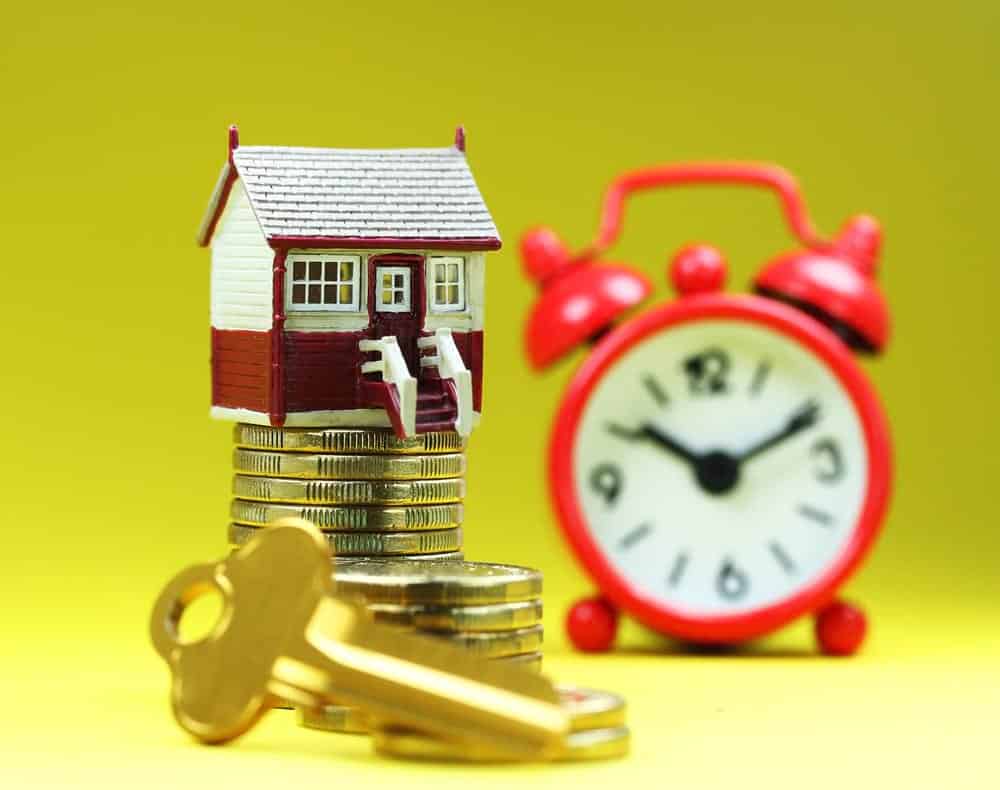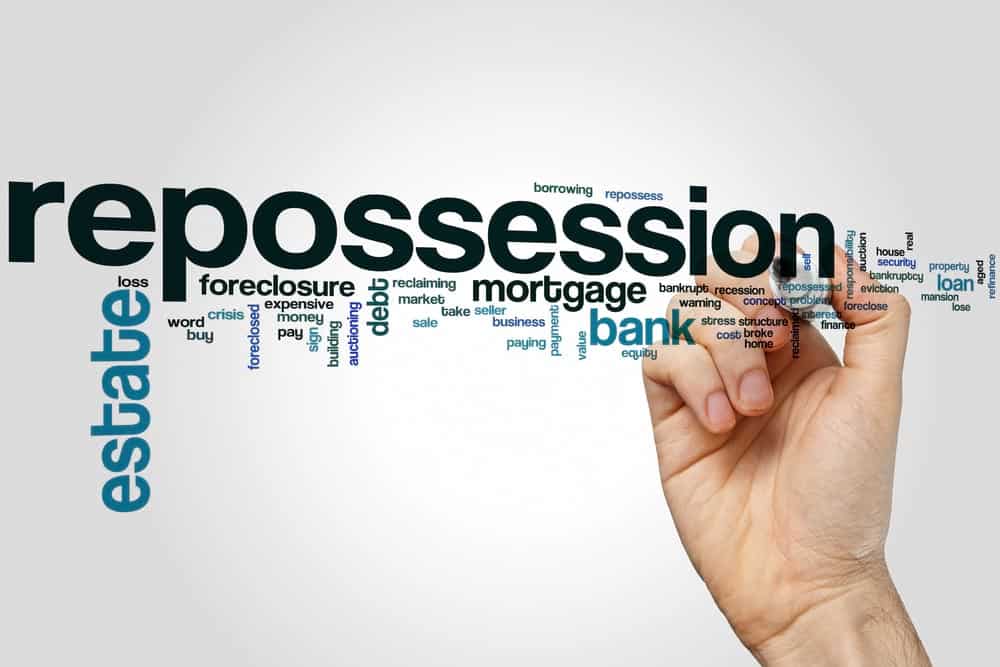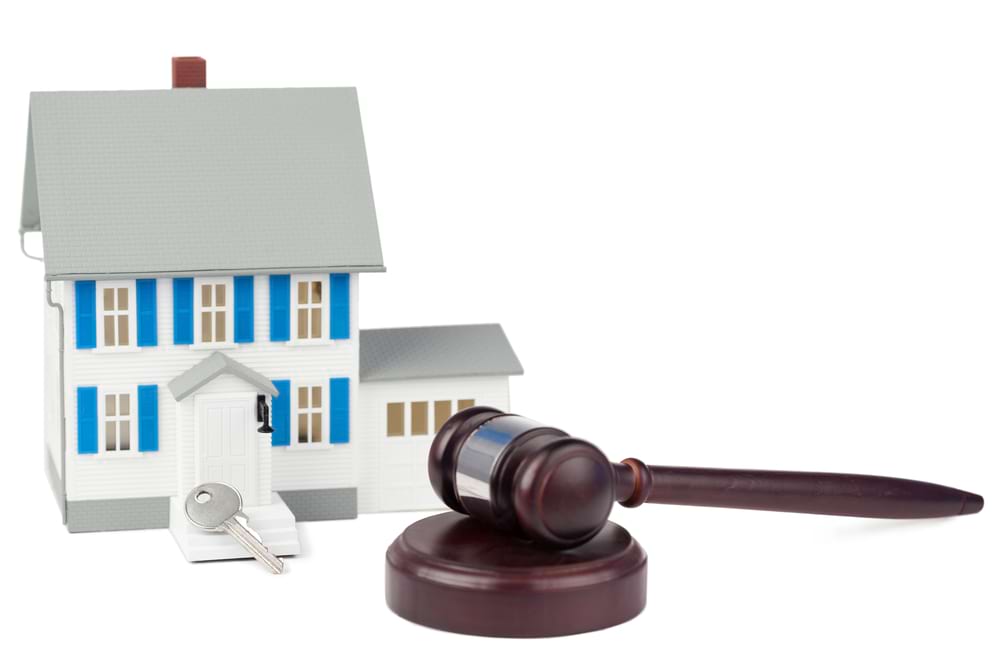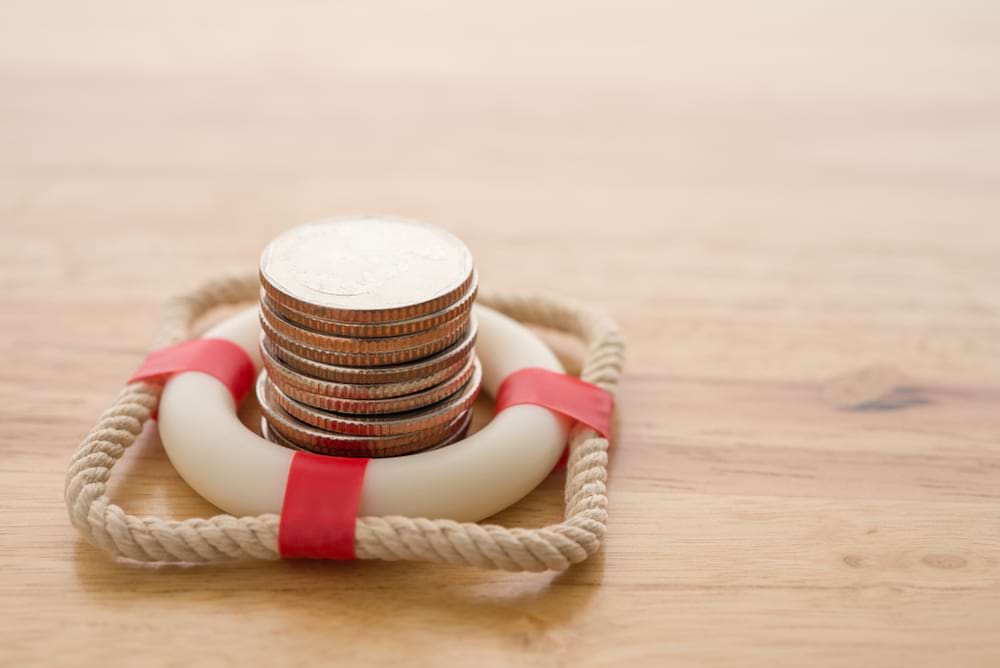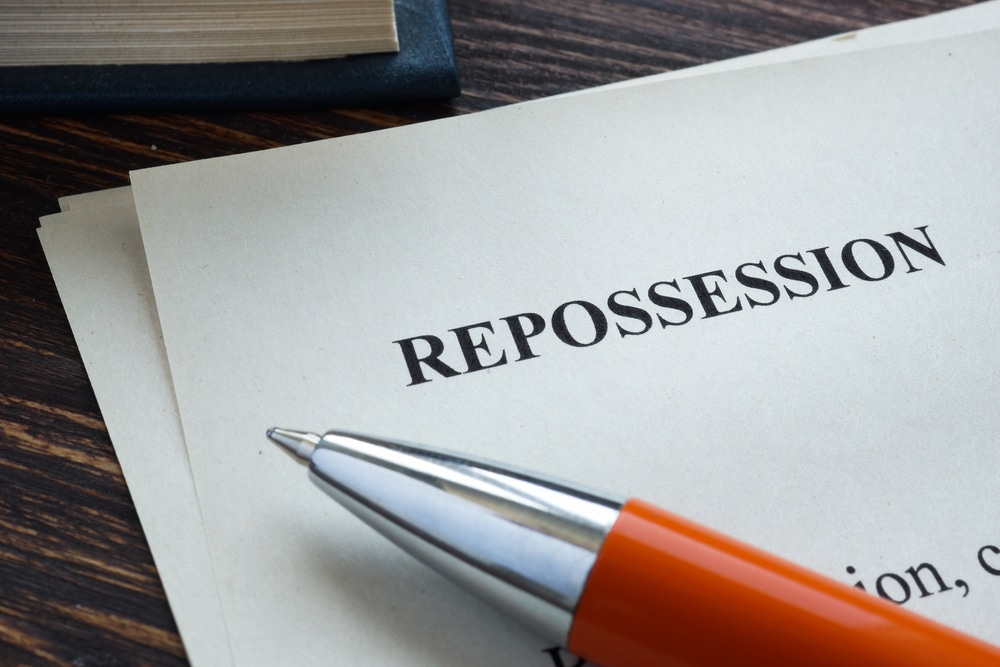When you take on a mortgage, you do so with the full intention of paying it off.
However, circumstances can change.
You might find ourself in a situation where you can’t pay your mortgage.
Read on to find out what happens if you miss your mortgage payments.
What happens if you miss a mortgage payment?
If you miss a mortgage payment, there’s no need to panic. You will technically be ‘in arrears’ as soon as you miss a payment.
This means you’re overdue on a payment and this may affect your credit score if it stays on your record.
However, most mortgage lenders will give you a grace period of around two weeks, so you have a chance of making the payment even if it’s past the due date.
If you still haven’t made the payments during this time, the mortgage lender will contact you to find out why.
Most mortgage lenders will want to work with you to get the mortgage paid. So they may be open to discussing how they can help you to make payments going forward.
If you miss a mortgage payment, it would be better for you to contact the mortgage lender immediately. This way, you can start working out how you can continue making your payments.
What to do if you can’t pay your mortgage
You may be in a situation where you can no longer afford to pay your mortgage payments. In that case, there are a few options for what you can do.
Talk to your mortgage lender
You should talk to your mortgage lender as soon as you are unable to make the repayments.
Mortgage lenders will usually have specific teams and options available for people whose circumstances have changed due to something like:
- Job loss
- Illness
- Divorce
- A Death in the family.
They will be able to advise on what they can do to support you throughout this time and work out how and when you will be able to make the payments again.
You may be able to negotiate new terms with your mortgage lender. For example, you may be allowed to:
- Take a short break from paying your mortgage whilst you get your finances sorted.
- Reduce your monthly payments by extending your payments over a longer period
- Switch to a cheaper mortgage with the same lender.
Get professional advice
Before you make any drastic changes to your finances and mortgage, you should speak to a professional finance advisor.
The following organisations can also help:
Assess your finances
You should carefully review your finances to see if you can decrease your day-to-day spending, so you are able to make your mortgage repayments.
You should look at things like the amount you pay for your insurances, your bills, and your general spending habits.
You could also look to see if you have any opportunity to increase your income.
If you have a spare room, you might be able to rent it out to a lodger, or you might be eligible for more benefits from the Government.
A professional advisor like the Citizens Advice Bureau will be able to advise on what might be a good option for your situation.
Sell Your Home
If you don’t have enough money to pay your mortgage, you may decide that selling your home is the best course of action to stop repossession.
You should only do this after you have had financial advice, as there may be something else you can do first to deal with your finances until they improve.
However, if selling your home is the solution that’s right for you, you’ll want to try to get a quick sale.
Selling your house through a traditional estate agent can sometimes take months, and you’ll be liable for the mortgage and other housing costs until the property is officially sold on.
If you want to sell your house fast and avoid those excessive costs associated with high street vendors you should use a trusted cash house buyer like We Buy Any Home.

